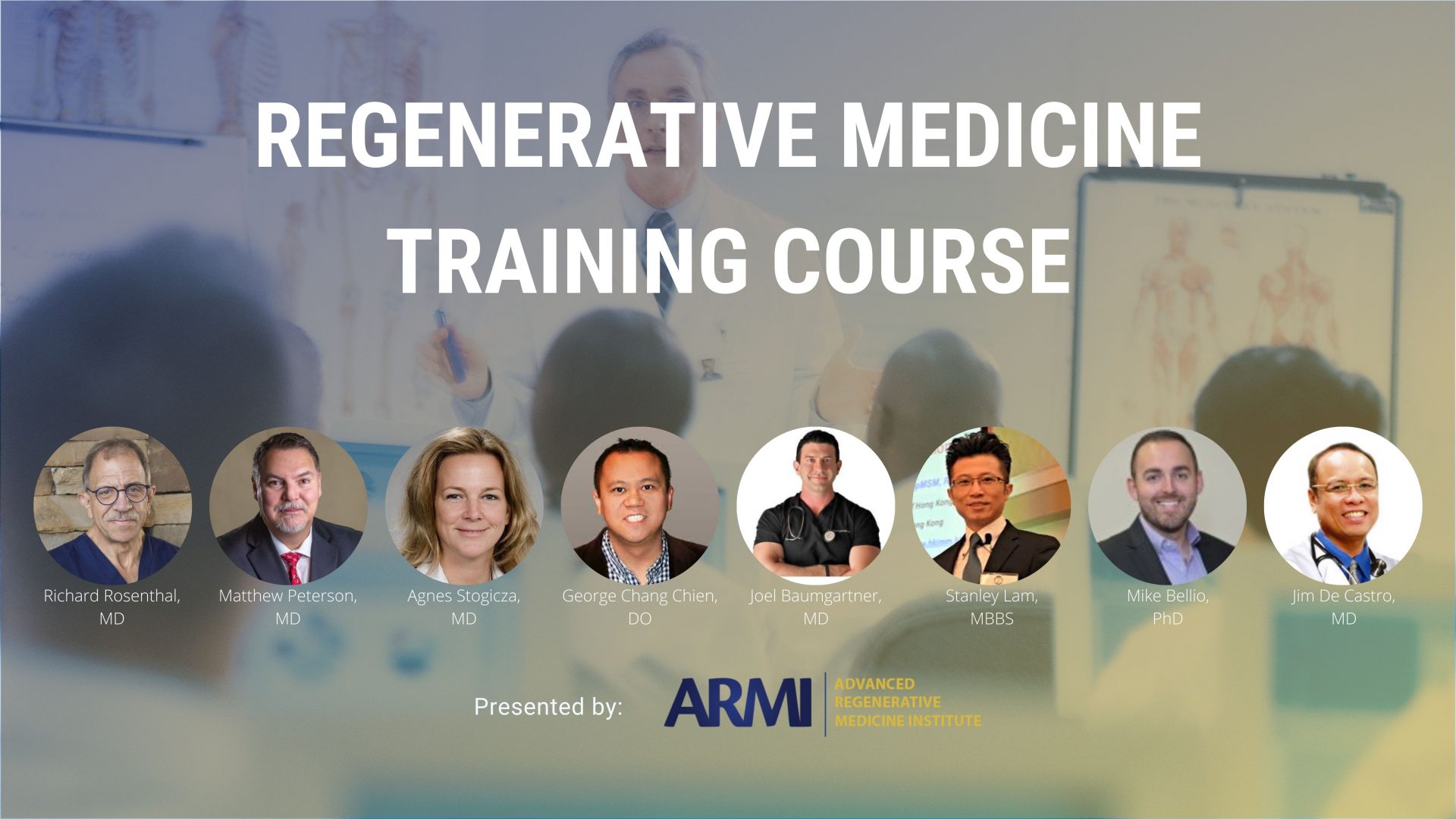Regenerative medicine is a rapidly evolving field that promises to revolutionize the approach to healthcare and treatment of various diseases. With its potential to restore or establish normal function by replacing damaged cells, tissues, and even organs, regenerative medicine is at the forefront of medical research and clinical application.
As technology advances, online courses have become a critical medium for disseminating the latest knowledge and innovations in this field to a global audience of medical professionals and students.
This article explores what’s new in regenerative medicine courses offered online, highlighting the latest advancements, the integration of new technologies in course delivery, and the impact on healthcare education.
1. Overview of Regenerative Medicine
Regenerative medicine encompasses a variety of biomedical approaches to clinical therapies that involve the use of stem cells, tissue engineering, and the production of artificial organs. Its goal is to cure previously untreatable injuries and diseases by harnessing the body’s own repair mechanisms. Historically, treatments have been predominantly palliative; regenerative medicine seeks to go a step further by healing and replacing the damaged tissues.
2. The Growth of Online Learning in Regenerative Medicine
The advent of digital technology and the internet has transformed many sectors, including education. Online courses in regenerative medicine are now increasingly popular, allowing for widespread dissemination of cutting-edge knowledge.
These courses cater to a range of learners, from medical students and researchers to practicing physicians and healthcare providers eager to expand their clinical practices into new innovative treatments.
Additionally, they offer interactive modules, live webinars, and access to a wealth of digital resources. For those looking to delve into this progressive field, enrolling in a regenerative medicine course online provides a convenient and comprehensive way to stay at the forefront of medical advancements and enhance their professional expertise.
3. Cutting-Edge Content in Online Regenerative Medicine Courses
Online courses in regenerative medicine are continually updated to reflect the latest advances. These advancements often include:
- Stem Cell Therapy: Detailed modules on the extraction, manipulation, and clinical application of stem cells.
- Gene Editing Techniques: Courses often cover CRISPR and other gene-editing tools that are pivotal in modifying cells for regenerative therapies.
- 3D Bioprinting: A growing area that involves printing layers of cells to create tissue and even organs.
- Immunomodulation: Harnessing the immune system to support regeneration and reduce rejection in transplant therapies.
4. Integration of Advanced Technologies in Learning
With the complexity of regenerative medicine, online courses have started integrating various advanced technological tools to enhance learning:
- Virtual Reality (VR) and Augmented Reality (AR): These technologies are used to create immersive learning experiences that help students and professionals visualize and understand the complex biological processes involved in regenerative therapies.
- Interactive Platforms: Dynamic simulations and interactive modules that allow learners to experiment with different scenarios and immediately see the outcomes of certain interventions.
- Real-Time Data Analysis: Integration of real-time data from current research and clinical trials to help learners understand the dynamic nature of the field.
5. Collaborative Learning Environments
Online courses now often include components that foster collaboration among students from diverse geographical and professional backgrounds:
- Discussion Forums: These allow for the sharing of ideas, peer-to-peer learning, and networking opportunities with leaders in the field.
- Group Projects: Encouraging collaboration on case studies or research projects that can lead to real-world applications and innovations.
- Live Webinars and Guest Lectures: Featuring experts in the field, these sessions provide up-to-date insights into the current research and future directions of regenerative medicine.
6. Accreditation and Certification
As the field grows, so does the need for proper certification. Online courses offer various levels of accreditation, from continuing medical education (CME) credits to full certification in regenerative medicine practices. This is crucial for healthcare professionals who wish to integrate new regenerative techniques into their practices.
7. Impact on Global Healthcare Education
The accessibility of high-quality regenerative medicine education through online platforms is making a significant impact on global healthcare education by:
- Democratizing Education: Making cutting-edge medical education accessible to healthcare providers worldwide, particularly in underserved areas.
- Updating the Curriculum in Medical Schools: Online courses provide a resource for medical schools to keep their curricula up-to-date with the latest scientific discoveries and technologies.
- Fostering Innovation and Collaboration: Encouraging international collaboration and speeding up the pace of innovation in regenerative medicine practices around the world.
8. The Future Directions of Online Regenerative Medicine Education
Looking forward, online regenerative medicine courses are expected to incorporate more AI-driven analytics to personalize learning and predict learning outcomes. There is also a trend towards gamification, which could make learning more engaging and effective by using competitive elements.
Challenges and Considerations
While the expansion of online regenerative medicine education is promising, there are challenges that need to be addressed:
- Quality Control: Ensuring the quality and reliability of online content.
- Hands-On Skills: Developing methods to teach and assess hands-on clinical skills remotely.
- Regulatory Issues: Navigating the complex regulatory landscape that governs clinical application of regenerative medicine.
Conclusion
The evolution of online courses in regenerative medicine is a key component in the global advancement of healthcare. These courses not only provide essential knowledge and skills but also push the boundaries of what is possible in medicine. As the field continues to grow, the importance of high-quality, accessible education will be paramount in cultivating the next generation of healthcare innovators.
By addressing both the possibilities and challenges of online education in regenerative medicine, these courses are set to play a pivotal role in shaping the future of healthcare, making effective treatments more accessible and tailoring education to meet the needs of a rapidly changing world.



